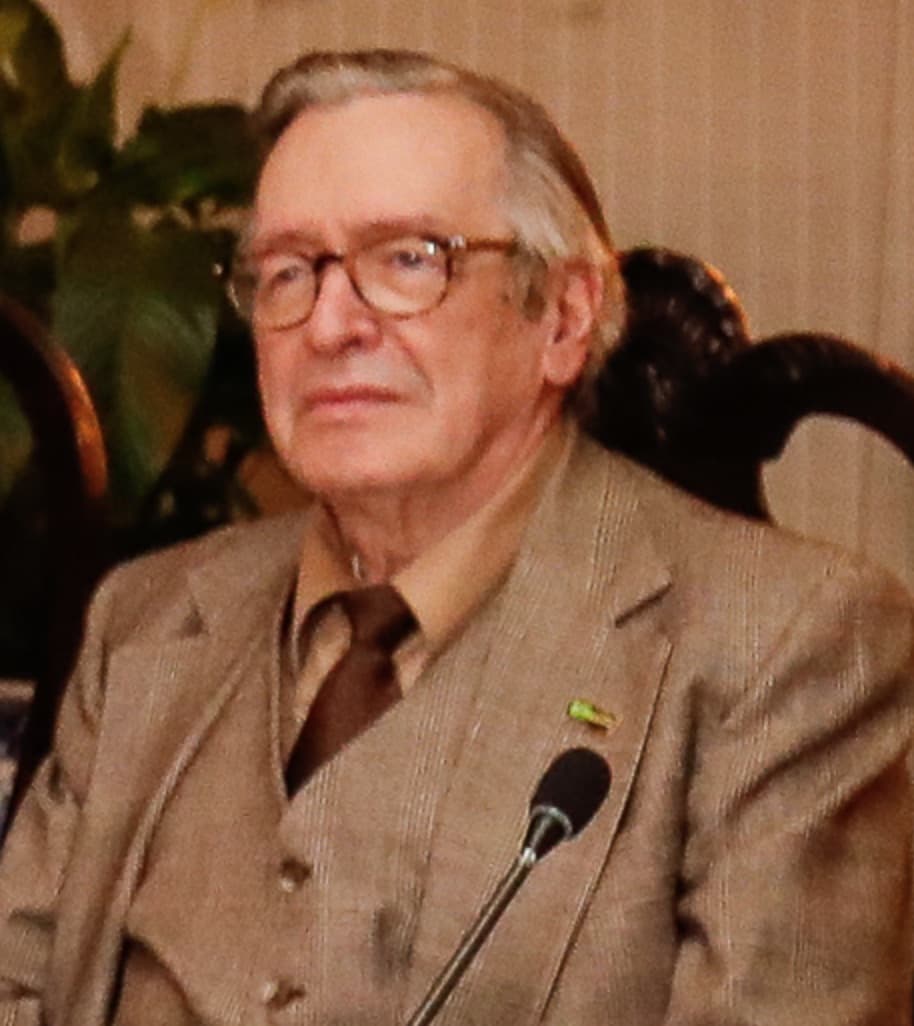Olavo de Carvalho's Enduring Unions: A Look at His Marriages and Family Life

Olavo de Carvalho, the influential Brazilian philosopher, writer, and polemicist, led a complex and often controversial public life, yet his personal life was marked by several significant relationships and a large family. While his philosophical and political commentaries often dominated headlines, his marriages provided a foundational structure to his personal world, shaping his journey through different periods of his life. His romantic history, though not always in the public spotlight like that of a typical celebrity, reveals a pattern of long-term commitments and a dedication to family.
One of Olavo de Carvalho's early significant relationships was with Stella Caymmi, a journalist and writer, and niece of the renowned musician Dorival Caymmi. The couple were married in 1968, marking the beginning of a long union that would see them share many years together. During their marriage, they had several children, including Leila de Carvalho, Maria de Carvalho, and Pedro de Carvalho, establishing a significant family unit early in his life.
The marriage to Stella Caymmi lasted for many years, with the couple navigating the philosopher's evolving intellectual and spiritual journey. While specific details about their meeting or the intimate dynamics of their relationship are not widely publicized, their union was foundational to his early adult life and the formation of his family. The couple eventually divorced, though the exact date and public details surrounding their separation remain largely private.
Following his marriage to Stella Caymmi, Olavo de Carvalho entered into another long-term relationship with Roxane Andrade, who would become his most recognized and enduring partner. Roxane Andrade, often referred to as Roxane de Carvalho, was a significant figure in his life, not only as his wife but also as a collaborator and supporter of his work. Their relationship began in the late 1970s, and they were married in 1981.
The union with Roxane Andrade was particularly prolific, both personally and professionally. Together, they had numerous children, including Heloísa de Carvalho, Luiz de Carvalho, Alexandre de Carvalho, Gilberto de Carvalho, Beatriz de Carvalho, Martim de Carvalho, and João de Carvalho. This large family became a central aspect of Olavo de Carvalho's personal narrative, often mentioned in his lectures and writings as a source of grounding and inspiration.
Roxane Andrade was a constant presence by his side, particularly during his most prominent years as a public intellectual. She was known to manage aspects of his personal life and support his extensive work, including his online courses and publications. Their marriage spanned over four decades, enduring through his rise to national prominence in Brazil and his eventual relocation to the United States. This long-standing partnership showcased a deep personal and intellectual bond.
The couple's life together, especially after their move to Richmond, Virginia, in the early 2000s, was often depicted as a private, family-centered existence, despite Olavo de Carvalho's highly public and often controversial online presence. Roxane Andrade remained his wife until his passing in January 2022, marking the end of a profound and lengthy partnership. Their relationship was characterized by mutual support and a shared commitment to their large family.
Throughout his life, Olavo de Carvalho's relationships were largely kept out of the sensationalist media, with focus instead placed on his philosophical output and political commentary. However, his multiple marriages and the numerous children he fathered underscore a significant aspect of his personal identity: that of a patriarch deeply invested in his family. His romantic history, while not a subject of widespread public fascination, reveals a man who formed lasting bonds and built a substantial family legacy. His commitment to these relationships provided a stable personal foundation amidst a career often defined by intellectual combat and public debate.